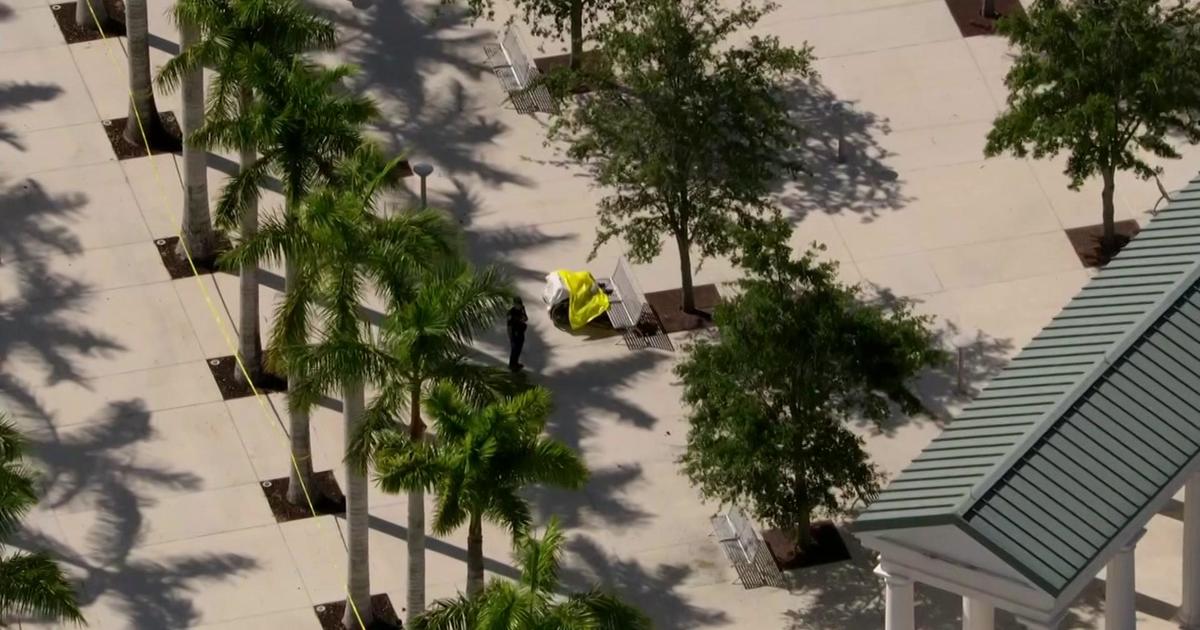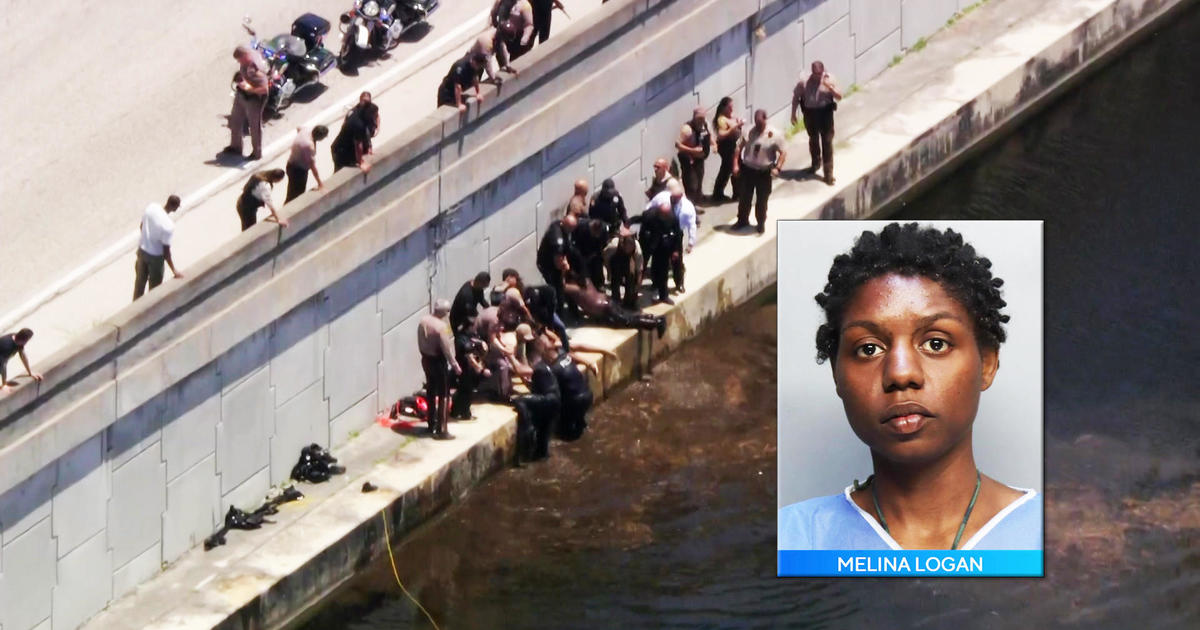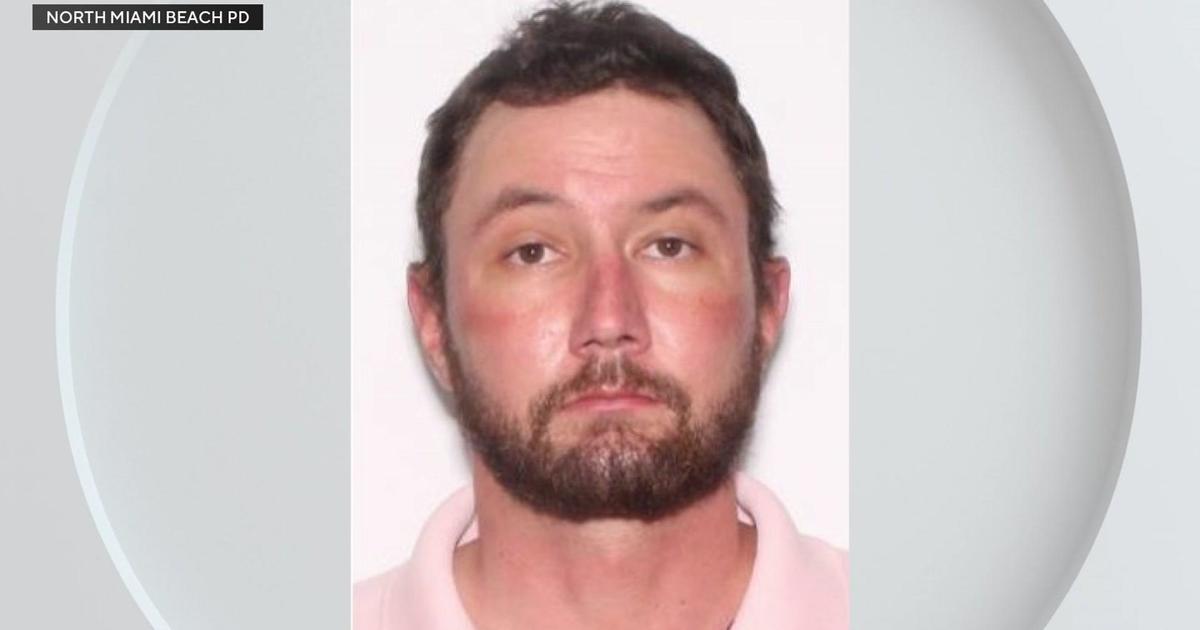Race Matters, Day 3: "These Cases Have Very Serious Consequences"
Follow CBSMIAMI.COM: Facebook | Twitter
MIAMI (CBSMiami) – During its five-month investigation into the Miami-Dade Police Department's Crime Suppression Team, CBS4 News reviewed every arrest the officers from the South District Station made in 2014.
The results: CBS4 News found a unit whose actions resulted in the arrests of hundreds of individuals – mostly young black males – for petty offenses. Even more troubling, the arrests failed to result in a reduction in crime in the South District. In fact, crime went up in most of the major categories, according to records obtained by CBS4 News.
CLICK HERE To Watch Jim DeFede's Report
CBS4 News also found that most of the cases made by the Crime Suppression Team fell apart once they made it to court. Overall, the Crime Suppression Team had a conviction rate of just eleven percent.
And of the 245 individuals arrested for marijuana – only two ended up being convicted. In addition to those two convictions, 80 individuals – or one third of those arrested – accepted what is known as a "withhold of adjudication."
"Withhold of adjudication is something that exists only in Florida and it's kind of a legal fiction," said Miami-Dade County Public Defender Carlos Martinez. "It's a conviction, a judge has made a finding of guilt, but we are going to say you are not really a convicted person, but in fact you are. Immigration does not look at the difference between a withhold or no withhold, they look at it as a conviction. And most employers that I've talked to about these issues, and they see withhold, to them it looks like a conviction. They don't see the difference."
CLICK HERE To Visit The Race Matters: Policing The Numbers Page
Most of the people appearing in court don't realize this because they are not represented by an attorney, Martinez said. "Seventy percent of the people in Dade County go to court without an attorney."
In Florida, if prosecutors are not requesting jail time for a crime, the person charged doesn't have the right to have a public defender appointed to represent them.
"There is a prosecutor in all these cases, that's a trained lawyer and then every civilian on those cases is standing there by themselves," he said. "They just look at this as it's not a big deal, I'll pay a fine, I'll pay the fee and I'll get out of it. And they don't realize the long-term consequences of this. These cases have very serious consequences."
An arrest can make it harder to find housing, because leasing companies often perform background checks. It can disqualify you from receiving student loans. And an arrest record can make finding a job more difficult. All of which undermines what Martinez calls "the economic vitality of Miami Dade County."
"So what ends up happening is we've created an underclass of people who have had a brush with the law that all of a sudden forever they cannot get jobs, or if they get jobs they are low paying menial jobs," Martinez said.
Andrianne Byrd is the Miami-Dade Police Major who oversees the South District Station and its Crime Suppression Team. Byrd said she understands that an arrest for marijuana possession, even a small amount of marijuana, can follow an individual for a long time in their life.
"The other thing I realize is you cannot put the onus on the police department to protect the futures of young black African Americans," she said. "That responsibility lies solely in the hands of their parents, in the hands of the community. [The police] are strictly there to enforce the law."
In 2013, the ACLU conducted a nationwide study and found that even though blacks and whites use marijuana at the same rate, blacks are 3.7 times more likely to be arrested for marijuana possession than whites. In Miami-Dade County, the ACLU found you are nearly six times more likely to be arrested for marijuana possession if you are black than if you are white.
In essence, by going into high-crime neighborhoods, the police end up arresting a disproportionate number of blacks. Critics argue that by making these petty arrests, and not tackling the major crimes which are occurring, the police only end up causing a greater rift with the community while creating an entire class of young black men who will now have a harder time moving forward in life.
Byrd said she couldn't explain why the majority of the cases her CST made were for misdemeanor marijuana possession.
"I have no answer for that, except yes they have arrested more people for marijuana possession than any other thing," she said.
Byrd defends the arrests.
"If you had people gathering in your neighborhood, gambling and smoking marijuana, I venture to say you would call the police and say I don't want that here," Byrd said. "And that's what the residents in these communities have done. They've called us and said, we don't want that here, and we are being responsive to them."
Nevertheless for community leaders like Pastor Robert Brooks of the St. Peters Missionary Baptist Church, it's about perspective. He said he doesn't condone marijuana use, but recalls one member of his congregation who was in college and nearly had his life destroyed by a marijuana arrest.
"You have to be accountable for your actions," he said. "It's illegal. You are not supposed to have it. It's wrong. My concern is that he was treated as if he was an axe murderer – the level of aggression and the way they are treated."
Troubled by what CBS4 News found, Public Defender Carlos Martinez said he may have to begin assigning attorneys to some of the satellite courthouses – like the one here in South Dade.
"I'm going to be talking to the chief judge because we need to figure out a way to resolve this issue," he said, adding the best way to resolve this would be for police to no longer make arrests, but rather hand out civil citations – essentially a ticket – for marijuana possession.
"You don't need a prosecutor, you don't need a defense attorney," he said.
A plan that would allow that to occur is being considered by the Miami-Dade County Commission.



